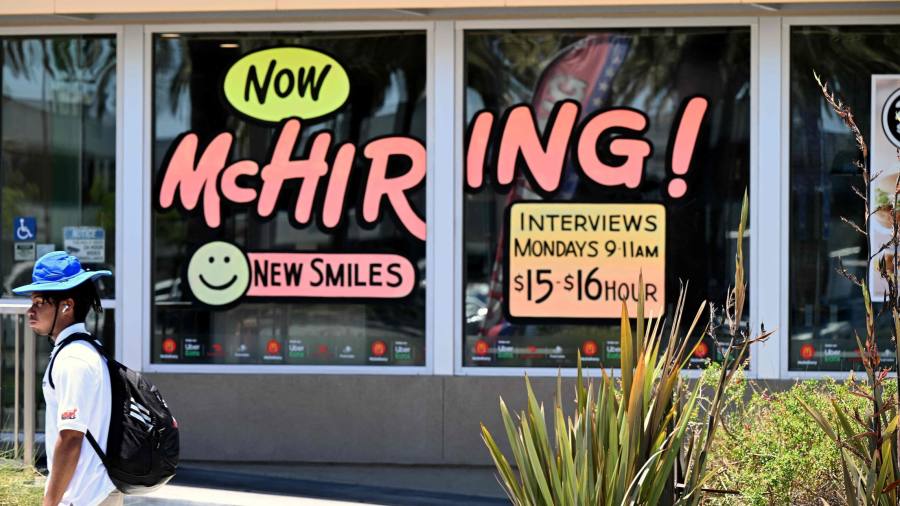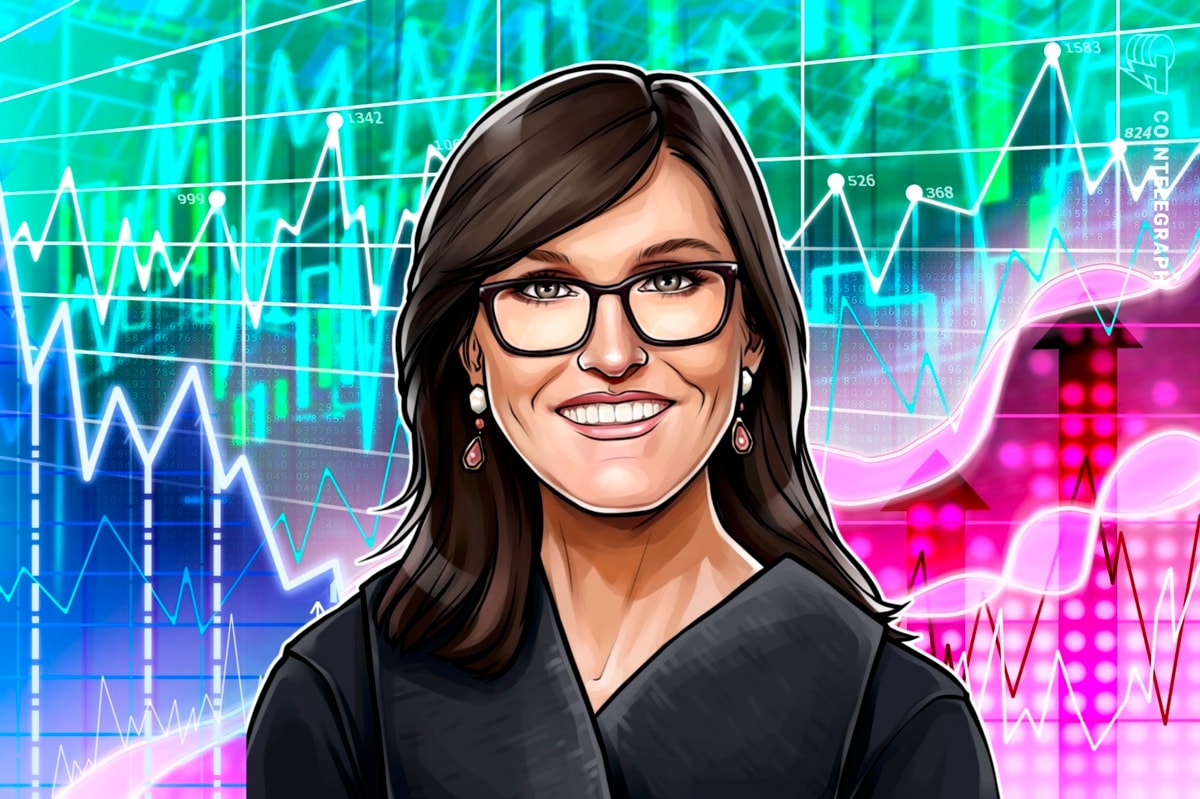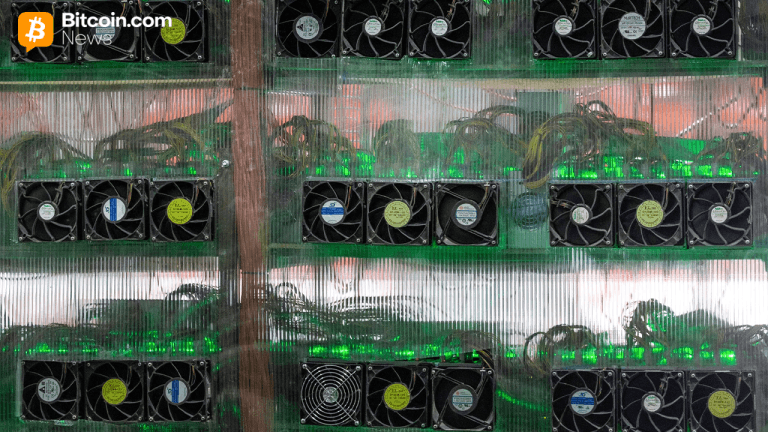Good news on the economy could be bad news for markets
4 min read
The writer is chief market strategist for Europe, Middle East and Africa at JPMorgan Asset Management
A slew of economic data has recently surprised to the upside. According to the purchasing managers’ index for the eurozone, the bloc’s economy is growing again. The US had a bumper jobs and retail spending report for January. Investors are now wondering whether the recession they had come to accept as inevitable is likely after all.
The causes of the potential recession differed around the world. In the US and UK, central banks had openly stated that a recession would be necessary to drive away inflation. In the eurozone, the risk centred on gas shortages and energy rationing. And China looked set for a long and arduous journey out of Covid.
Fast forward a few months and the picture has changed. China has reopened rapidly and, it seems, successfully. It is now experiencing the boom of pent-up consumer demand that other major economies experienced early last year. With little sign of inflationary pressures in China, the authorities can let the recovery run, and they are likely to announce additional stimulus.
The landscape has also changed dramatically in continental Europe. Europe came into the winter with its gas storage tanks almost full, having replaced Russian gas with American liquefied natural gas. Since then, the drawdown through the peak winter months has been limited, thanks to a combination of consumers and businesses being a bit more careful with their energy needs and a remarkably mild winter.
As a result, the energy crisis that we had feared has not materialised. The storage tanks are still 63 per cent full, which compares with only 30 per cent this time last year. This strong position means that even next winter is looking increasingly secure. The price of wholesale gas has tumbled and, as a result, businesses and consumers are feeling more upbeat — consumer confidence rose to -19 in February, its highest level in a year.
What about the US and UK? Here, the question should be reframed from “is a recession still likely?” to “is a recession still necessary?” The answer to this question relies on the trajectory of inflation. If there are sufficient signs that the tightening delivered to date is slowing inflationary pressures, the central banks could pause or even ease policy to try to secure a soft landing.
There is some, albeit tentative, evidence that inflationary pressures are easing in the US. Inflation in housing and rental costs could soon start to turn, according to some of the data provided by property renting companies. Despite a strong jobs report and near-record low unemployment, there is some evidence that wage pressures have also peaked.
Earlier in February, the markets got a little over excited about the potential return of “Goldilocks” — the “just right” conditions of robust growth and low inflation. Bond and stock prices rallied.
Since then, the US consumer price index report has provided a reality check. Monthly core inflation ticked back up to 0.4 per cent, which corresponds to an annualised rate of nearly 5 per cent — hardly consistent with a 2 per cent inflation target. In addition, the country is feeling some of the inflationary backwash of China’s reopening, as gasoline prices served to raise headline inflation again.
In the UK, there is unfortunately less convincing evidence that inflationary pressures have peaked. Wage growth continues to push north. Business confidence has been boosted by the fall in gas prices but UK policymakers still have work to do, as this may add to underlying inflationary pressures. The Bank of England will probably have to raise interest rates further to keep activity weak until inflation subsides.
Overall, the tail risks of a deep global recession have been reduced. China has reopened, Europe is not running out of energy and the US is not stuck in a 1970s inflation spiral.
But a period of very slow activity, if not a moderate recession, still seems likely and indeed necessary, in my view. Market talk of “no landing” — that the global economy can power on at its current growth rate — misses the fundamental point that demand is beyond available supply, which is why there is still too much inflation.
We should work on the basis that earnings will contract by around 10 per cent in the developed world as slowing demand reduces operating leverage — the levels of returns on fixed assets — and profit margins are eroded as companies lose their pricing power.
If demand continues to reaccelerate, this will most likely be met with higher interest rates. For now, both stock and bond investors should expect good economic news to be bad news for markets.







